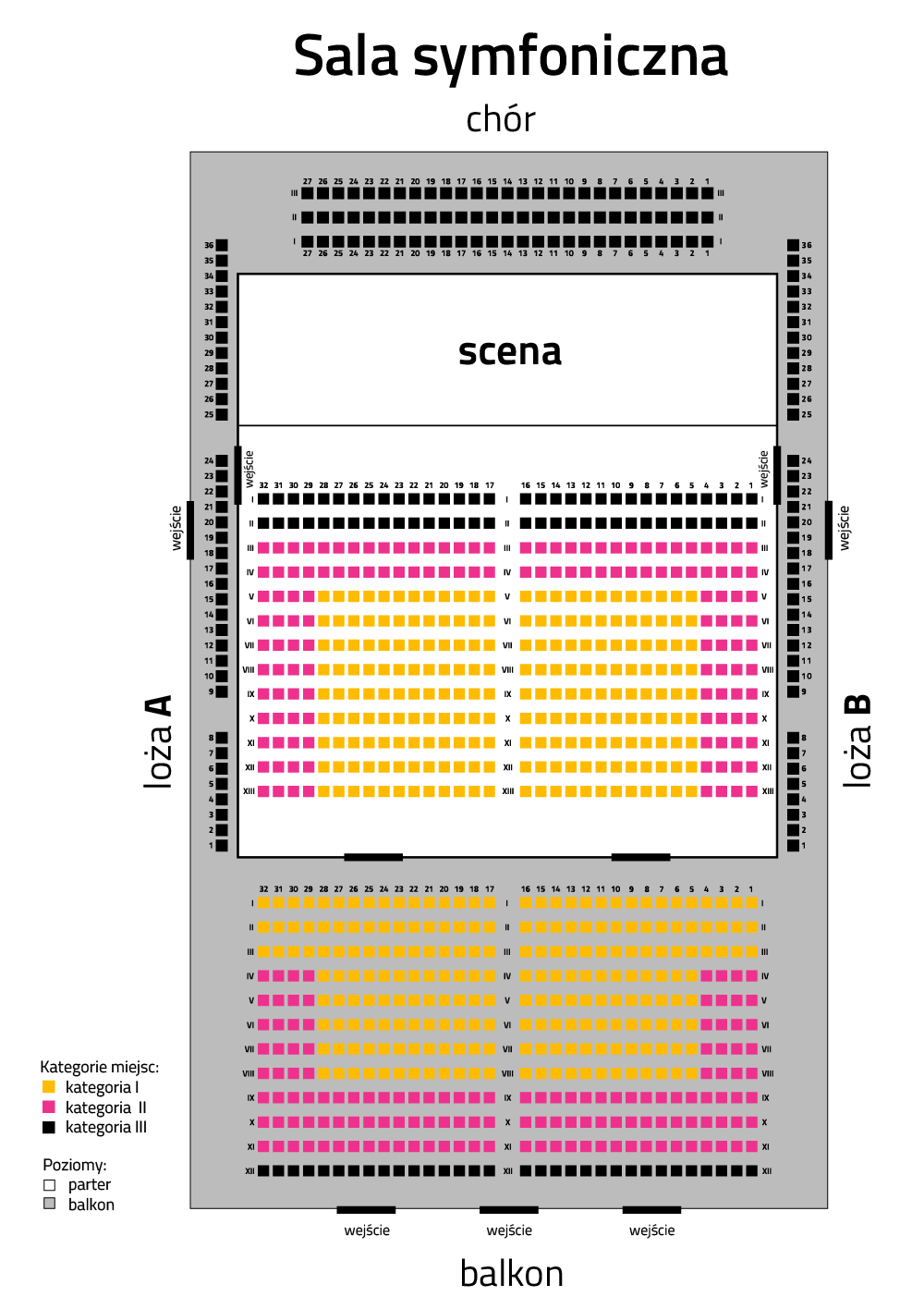It was evening. Dark clouds began to spread over Heidelberg. The last students and lecturers hurried through the university gate and went home. Their shadows could be watched from the open window of the laboratory until they disappeared around the corner of Im Neuenheimer Feld. Aleksandr glanced nervously at his watch. Until he had absolute peace, he would not be able to go back to analyzing the results of his experiment. Everything seemed to indicate that this time halodecarboxylation was successful, and history will remember him as a great chemist. In the end, he would match his colleague from the adjacent laboratory, who was always boring him with stories about elements whose existence he could not prove.
At that moment, he saw Dymitr's shadow heading toward the gate. To make matters worse, he was whistling a marching melody, whose sounds Alexandr managed to remember before closing the window discreetly. He thought it was a pretty pleasant theme. He made a quick note of it on a scrap of paper that just lay next to the test tubes. A complicated marching melody came out. Having promised himself that he would take care of it at the end of the week, he returned to the chemical experiment with which he had so much hope.
History, however, played a trick on the scientist – although the experiment was successful and the reaction he carried out to this day bears his name, no one thinks of him as a great chemist. Shortly after returning from his research stay in St. Petersburg, he met Milij, Nikolai, and Caesar Modest – a group of composers gaining recognition who helped him develop his second great interest, which was composition. Thus, the professor of the medical school in St. Petersburg, the recognized chemist Alexandr Borodin became not only a member of the Five Mighty but also the most famous self-taught Russian composer.
DETAILS
Kismet | Broadway 1953 [CANCELED]
15-05-2020 19:00

Symphony HallFilharmonia im. Mieczysława Karłowicza w Szczecinie
ul. Małopolska 48
70-515 Szczecin

